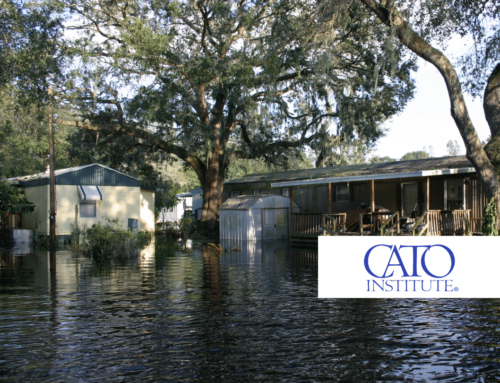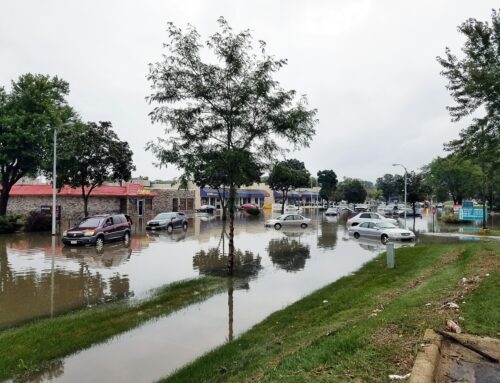On Wednesday, February 1st, the House Committee on Transportation and Infrastructure held its first hearing of the 118th Congress hearing, focusing on the state of our nation’s transportation infrastructure and challenges in the supply chain.
The hearing had five witnesses from across the transportation industry, including: Ian Jefferies, President and CEO of the Association of American Railroads; Chris Spear, President and CEO of the American Trucking Associations; Roger Guenther, Executive director of Port Houston; Greg Regan, President of the AFL-CIO Transportation Trades Department; and Jeff Firth, Vice president of Hamilton Construction Company.
The Infrastructure, Investment, and Jobs Act (IIJA, P.L. 117-58) was a significant piece of legislation passed in the 117th Congress, appropriating $1.2 trillion, approximately half of which went towards programs under the preview of the Transportation and Infrastructure committee. According to ranking member Rick Larsen (D-WA), there are currently 29,000 new projects coming from the federal highway formula funding alone. He further cited research from the American Road and Transportation Builders Association, which states that there is at least one new project in every congressional district in the country. With investment of this scale, oversight will be necessary to ensure every dollar is spent wisely. Furthermore, there is a lot of demand, and while $1.2 trillion sounds like a lot, if the funding is not prioritized to the most critical needs, some of it will be squandered on more parochial interests.
The witnesses provided a wealth of information about the needs and challenges facing their industries. Chris Spear of the American Trucking Association was quick to point out that while the IIJA provided a 38% increase in road and bridge funding, it specifically stipulates that the money only be spent on existing roads. He claimed that the trucking industry loses nearly $75 billion annually from traffic congestion, causing lost profits for truck drivers and causing unnecessary amounts of carbon dioxide to be pumped into the atmosphere. Ian Jeffries, of the Association of American Railroads, focused his testimony on safety, asking the committee to change regulations to allow for better and smarter uses of technology to ensure railroads run safely and smoothly.
Side Note
Taxpayers for Common Sense has partnered with Transportation for America to release a series of Repair Priorities reports that reveal how many states use their transportation dollars to construct new lane miles rather than direct them to roads in desperate need of repair.
The hearing also included a variety of other topics from across the wide swath of issues included under the purview of transportation and infrastructure.
However, the elephant in the room was the perpetually-soon-to-be insolvent Highway Trust Fund and the lack of reform in the IIJA. The federal gas tax, which pays for the Highway Trust Fund, has been 18.3 cents per gallon on gasoline and 24.3 cents for diesel and kerosene since 1993 and has not been adjusted for inflation or kept up with the development of more fuel-efficient vehicles. The IIJA transferred $118 billion from general revenue to the Highway Trust Fund, delaying the fund’s projected insolvency date from 2022 to 2027. Taxpayers have been bailing out the Highway Trust Fund to a total of more than $270 billion to date and the IIJA has done nothing to fix it.
Oversight and government transparency are the key to effective governance and to the efficient use of taxpayer resources, especially given the magnitude of funding provided by the IIJA. Ensuring those dollars are prioritized to critical projects and spent without waste, fraud and abuse is paramount but does not address the root cause of the problem. We need pay-fors to update our decaying infrastructure, but taxpayers cannot keep bailing out the Highway Trust Fund. While Congress continues to perform oversight to make sure IIJA transportation funding is being spent responsibly and efficiently, it must also work to establish a better pay-for system, like user fees, for funding transportation projects.











Get Social